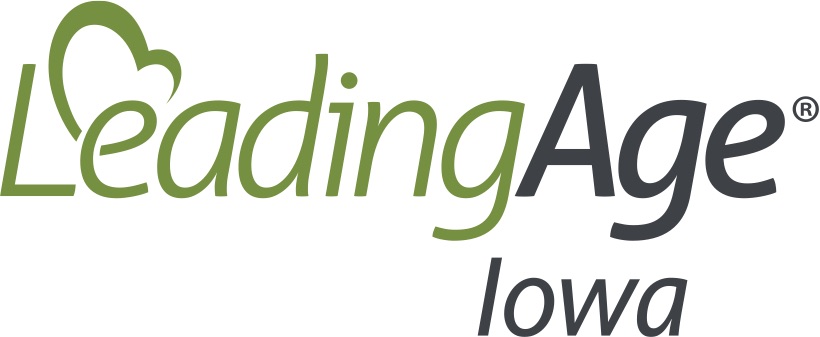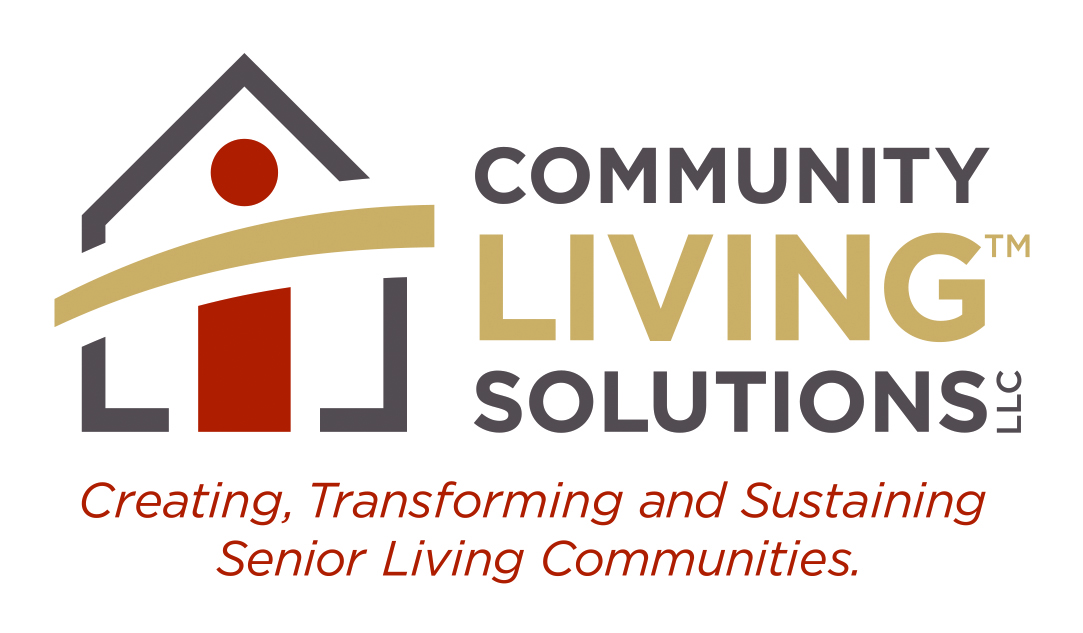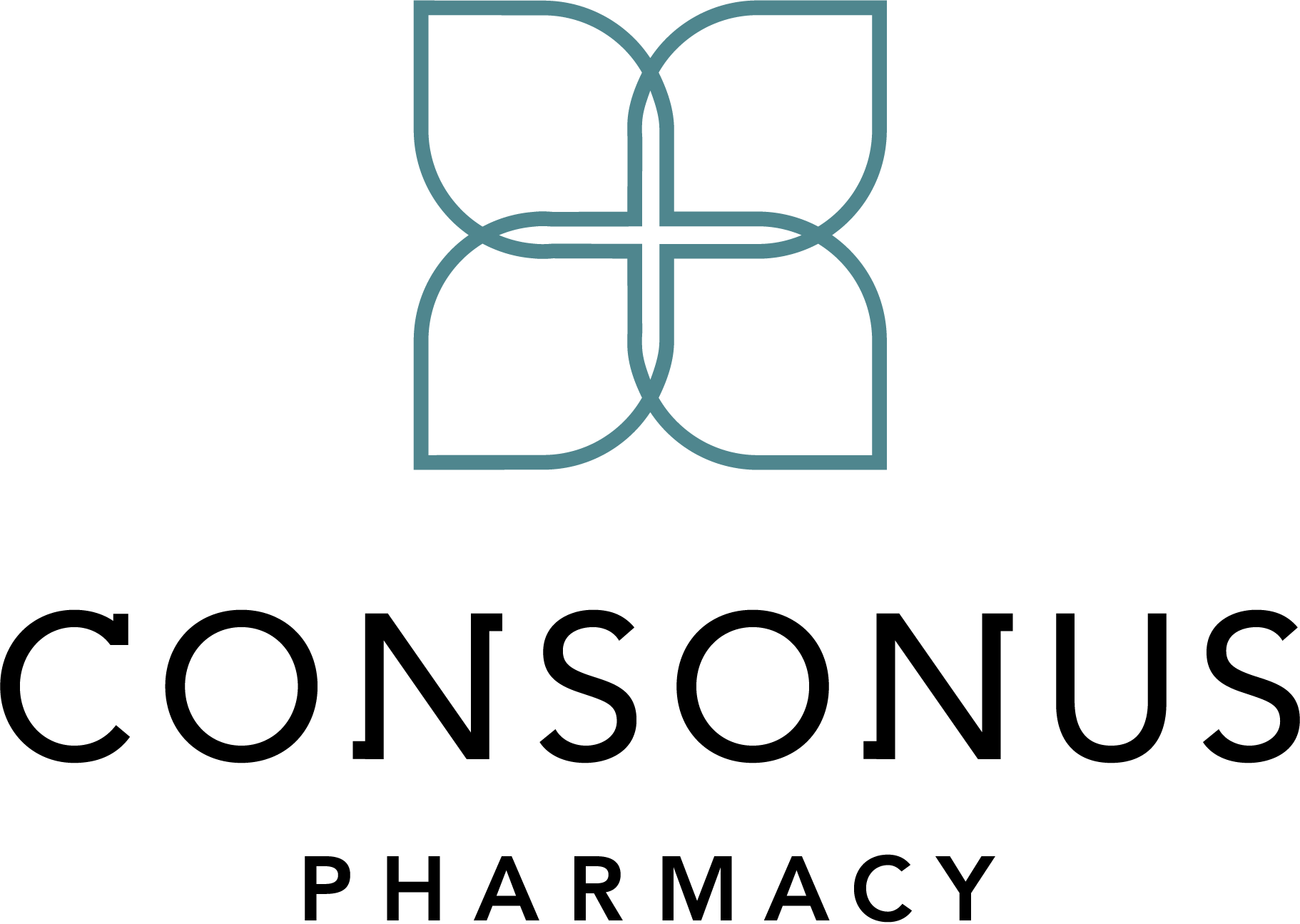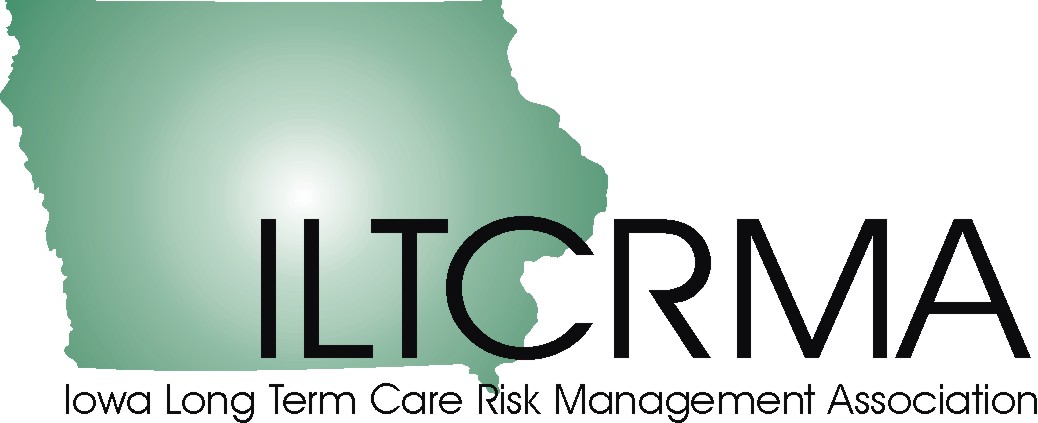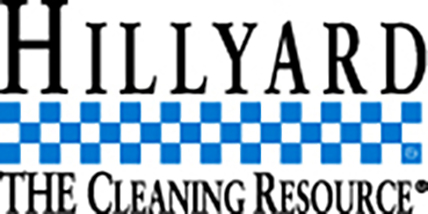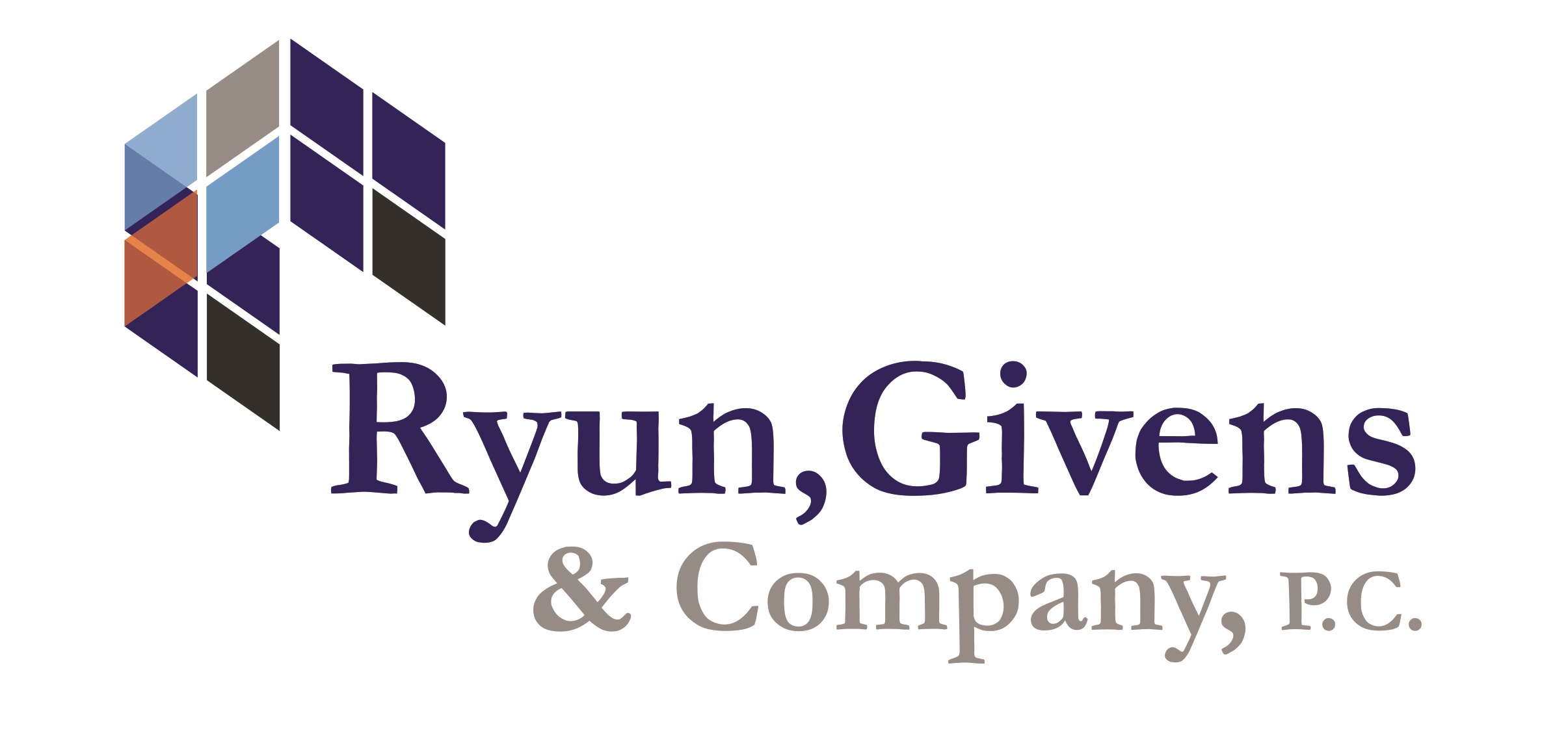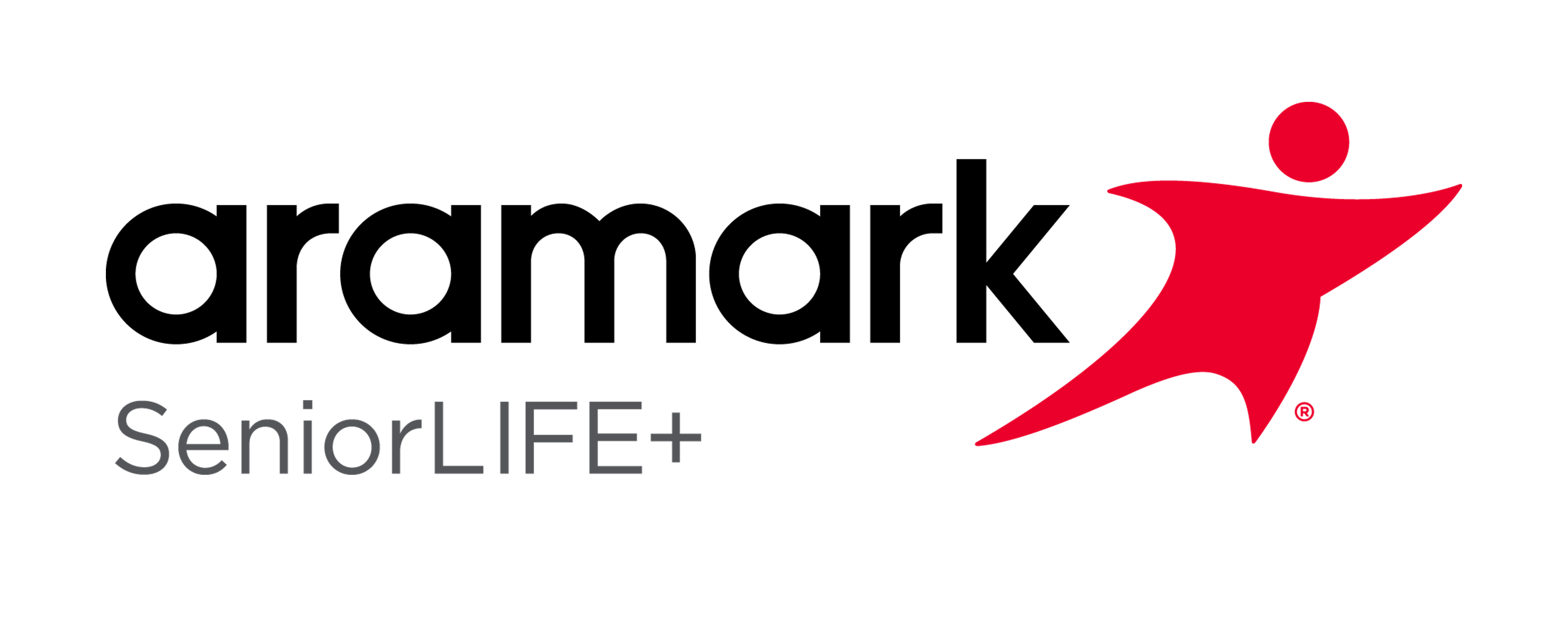Summary of CMS Revised Visitation Guidelines
On March 10, CMS released a Revised version of QSO-20-39-NH-Revised related to nursing home visitation. The new visitation makes changes to the visitation guidelines including the impact of COVID-19 vaccination and is effective immediately. Additionally on March 10, the CDC released updated Healthcare Infection Prevention and Control Recommendations in Response to COVID-19 Vaccination which provides recommendations that relate to visitation and should also be reviewed as members revise their visitation policy to comply with the revised CMS visitation guidance. Please see below for an outline of the revised CMS visitation guidance:
Screening Process
All entering must be screened for signs and symptoms of COVID-19. The screening must include temperature checks, questions about and observations of signs or symptoms of COVID-19. As part of screening process, nursing homes must deny entry into the facility to any person who has signs or symptoms of COVID-19 OR who has had close contact with someone with COVID-19 infection in the prior 14 days regardless of the visitor’s vaccination status.
Outdoor Visitation
Outdoor visitation continues to be the preferred visitation approach even when the resident and visitor are fully vaccinated. (Fully vaccinated=14 days or more past receipt of 2nd dose in 2-dose series or one dose of a single-dose vaccine.) Outdoor visitation is not permitted for residents on transmission-based precautions for COVID-19.
Indoor Visitation When Not in CMS Outbreak Status
Shall be allowed at all times for all residents except in any the following circumstances:
- Unvaccinated Residents: If a county’s positivity rate is red based on the CMS color coding classification and less than 70 % of the nursing home’s residents are vaccinated, then unvaccinated residents should not be permitted indoor visitation unless in compassionate care situations.
- Residents with COVID-19: If a resident has a confirmed COVID-19 infection, regardless of vaccination status, the resident should not be permitted indoor visitation until they have met criteria to discontinue transmission-based precautions unless in compassionate care situations.
- Residents on Quarantine: If a resident is in quarantine, regardless of vaccination status, the resident should not be permitted indoor visitation until they have met the criteria to be released from quarantine unless in compassionate care situations.
Indoor Visitation During CMS Outbreak Status
- When a provider enters outbreak status (1 or more new COVID-19 positive staff or resident), the nursing home should immediately begin outbreak testing (QSO-20-38-NH) and suspend indoor visitation (except compassionate care visits and visits pursuant to the federal disability rights protection and advocacy programs see below) until at least one round of facility-wide testing of residents and staff is complete. After testing, indoor visitation can resume only in areas/units/neighborhoods with no COVID-19 cases if there is evidence that the transmission of COVID-19 is contained to a single area:
The first round of facility wide testing does not identify any additional cases of COVID-19.
[Example 1: If the first positive case is a staff member and the initial round of testing reveals no other cases, indoor visitation can continue in all areas of the building unless/until the continued outbreak testing discovers another case and requires reassessment.]
[Example 2: If the first positive case is a resident and the first round of outbreak testing reveals no other cases, then the area/unit/neighborhood with the positive case must suspend visitation until there have been no new cases in that area for 14 days. The non-affected areas can resume indoor visitation unless/until the continued outbreak testing discovers another case and requires reassessment.]
The first round of facility wide testing is completed and identifies cases only in same distinct area/unit of the original case that triggered outbreak testing.
[Example 3: If a resident tests positive and outbreak testing reveals a second or more residents with positive cases in the same area/unit/neighborhood, then that area with the positive cases must suspend visitation until there have been no new cases in that area for 14 days. The non-affected areas can resume indoor visitation unless/until the continued outbreak testing discovers another case and requires reassessment.]
[Example 4: **Answer unclear** If a staff member test positive and outbreak testing reveals a resident with a positive case, can visitation resume in other areas/neighborhoods without positive cases? The memo does not describe this specific scenario so LAI will seek further clarification. The answer could be yes or it could depend on whether the staff worked in the same area as the positive resident.]
- The facility must continue additional rounds of outbreak and surveillance testing until no new cases of staff or residents have been identified for a period of at least 14 days pursuant to QSO-20-38-NH.
- If at any point additional COVID-19 cases are identified in a different area of the facility, visitation must be suspended for all residents regardless of vaccinations status until no new cases of staff or residents have been identified for a period of at least 14 days pursuant to QSO-20-38-NH. (except compassionate care visits and visits pursuant to the federal disability rights protection and advocacy programs see below)
[Example 5: If a resident tests positive triggering outbreak testing and a second or more residents in a different area/unit/neighborhood tests positive at any time during outbreak testing, then all indoor visitation must be suspended until there have been no additional new cases for 14 days except for compassionate care visits and visits pursuant to federal disability rights protection.]
Procedures for Indoor Visitation
- Residents and visitors should continue to adhere to the core principles of COVID-19 infection prevention, particularly if either party has not been fully vaccinated. However, if a resident is fully vaccinated, they can choose to have close contact (including touch) while their visitor wears a well-fitting face mask and performs hand hygiene before and after. Visitors should physically distance from other residents and staff. (Fully vaccinated=14 days or more past receipt of 2nd dose in 2-dose series or one dose of a single-dose vaccine.)
- If necessary to maintain core principles of infection prevention based on the size and space of a building, nursing homes should consider scheduling visits for a specified length of time to ensure all can receive visitors.
- Visitors should physically distance themselves from other residents and staff and should limit their movement within facility (not walk different halls or areas freely but take direct route).
- Visits for residents who share a room should not be conducted in the resident’s room, if possible. If the health status of a resident prevents them from leaving the room and they have a roommate, nursing homes should attempt to enable in-room visitation while adhering to core principles of infection prevention.
- Visitor testing is encouraged in counties with yellow and red positivity but cannot be required.
- Visitor vaccination is encouraged as visitors have the opportunity but cannot be required.
- In all outbreak situations, visitors must be notified of the potential risk for COVID-19 exposure in the facility (such as appropriate signage regarding current outbreaks).
- Core Principles of COVID-19 Infection Prevention include:
- Screening for signs, symptoms and questions about exposure including denial of entry to any individual with signs or symptoms or who has had close contact with someone with COVID-19 within the last 14 days, regardless of the visitor’s vaccination status.
- Hand Hygiene.
- Face covering or mask.
- Social distancing of at least 6 feet.
- Instructional signage throughout facility and proper visitor education on procedures and infection control precautions.
- Frequent cleaning and disinfection of high-touch surfaces and designated visitor areas after each visit.
- Appropriate staff use of PPE.
- Resident and staff testing as required in QSO-20-38-NH.
- Effective cohorting of residents.
- Local guidance from state and local public health officials.
Compassionate Care Visits
Compassionate care visits shall be permitted as needed for the resident regardless of outbreak status, county positivity rate, or the resident’s COVID-19 status, with adherence to transmission-based precautions when required. Like indoor visits, if a resident is fully vaccinated, the compassionate care visitor and resident can choose to have close contact (including touch) while their visitor wears a well-fitting face mask and performs hand hygiene before and after. Visitors should physically distance from other residents and staff.
Communal Activities and Dining
Communal activities and dining may occur while adhering to core principles of COVID-19 infection prevention including social distancing. Residents who are on transmission-based precautions or in quarantine should not participate in group activities communal dining. Note that there was no additional flexibility or recognition of vaccination status provided in the revised QSO memo related to communal activities and dining.
Surveyors, LTC Ombudsman, and Disability Rights Investigators
Surveyors, LTC Ombudsman, and Disability Rights Investigators are not required to be vaccinated and must be permitted entry into facilities unless they exhibit signs or symptoms of COVID-19. Surveyors must adhere to the core principles of COVID-19 infection prevention, and facilities can require the LTC Ombudsman and Disability Rights Investigators to adhere to the core principles of COVID-19 infection prevention.
Federal Disability Rights Laws and Protection & Advocacy Program Visits
Requires the facility to allow immediate access to a resident by any representative of the protection and advocacy systems, as designated by the state, and as established under the Developmental Disabilities Assistance and Bill of Rights Act of 2000 to investigate incidents abuse or neglect of individuals with disabilities if the incidents are reported to the system. These would be claims investigated under the authority of the HHS Office for Civil Rights, Administration for Community Living or similar oversight agencies outside of CMS.
Iowa's protection and advocacy agency is Disability Rights Iowa. Additionally, DHS investigates allegations of abuse of a resident in a care facility when the alleged perpetrator/caretaker is not a staff member.
The QSO identifies that the facility may impose legitimate safety measures that are necessary for safe operations, such as requiring such individuals to adhere to the core principals of COVID-19 infection prevention.
|
